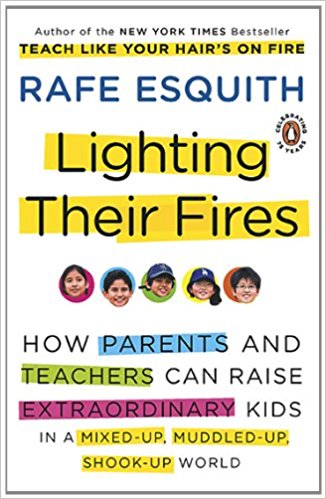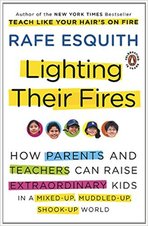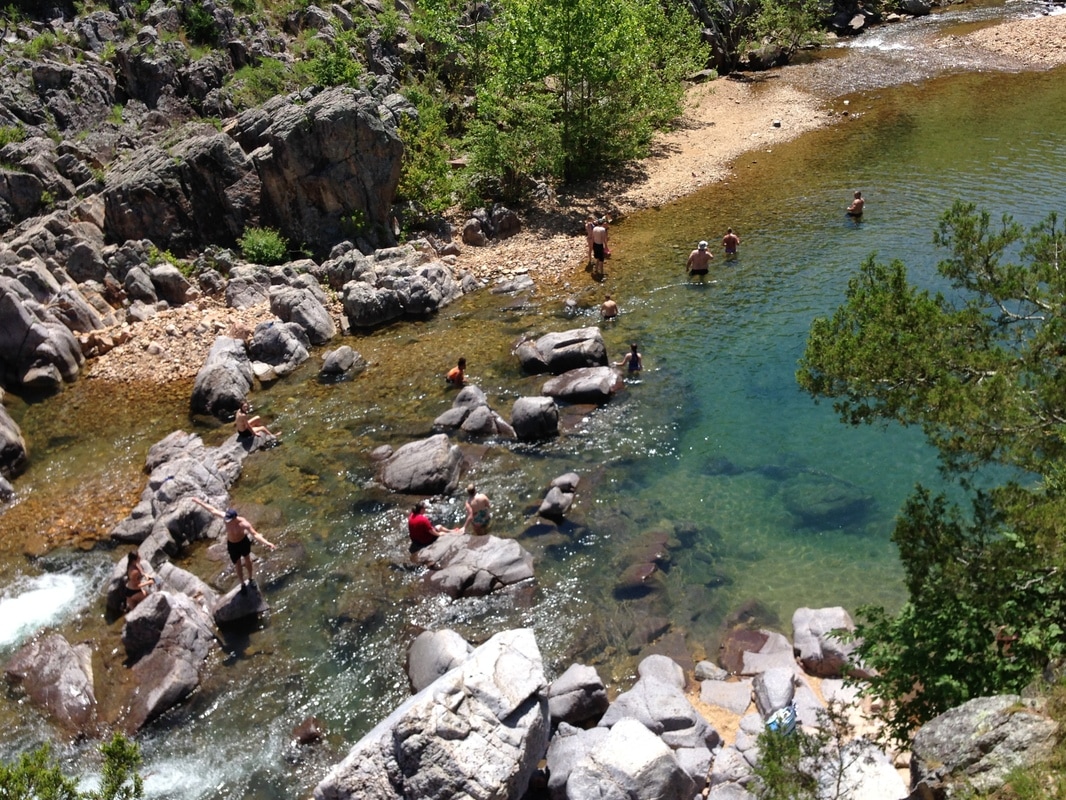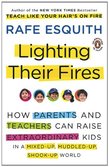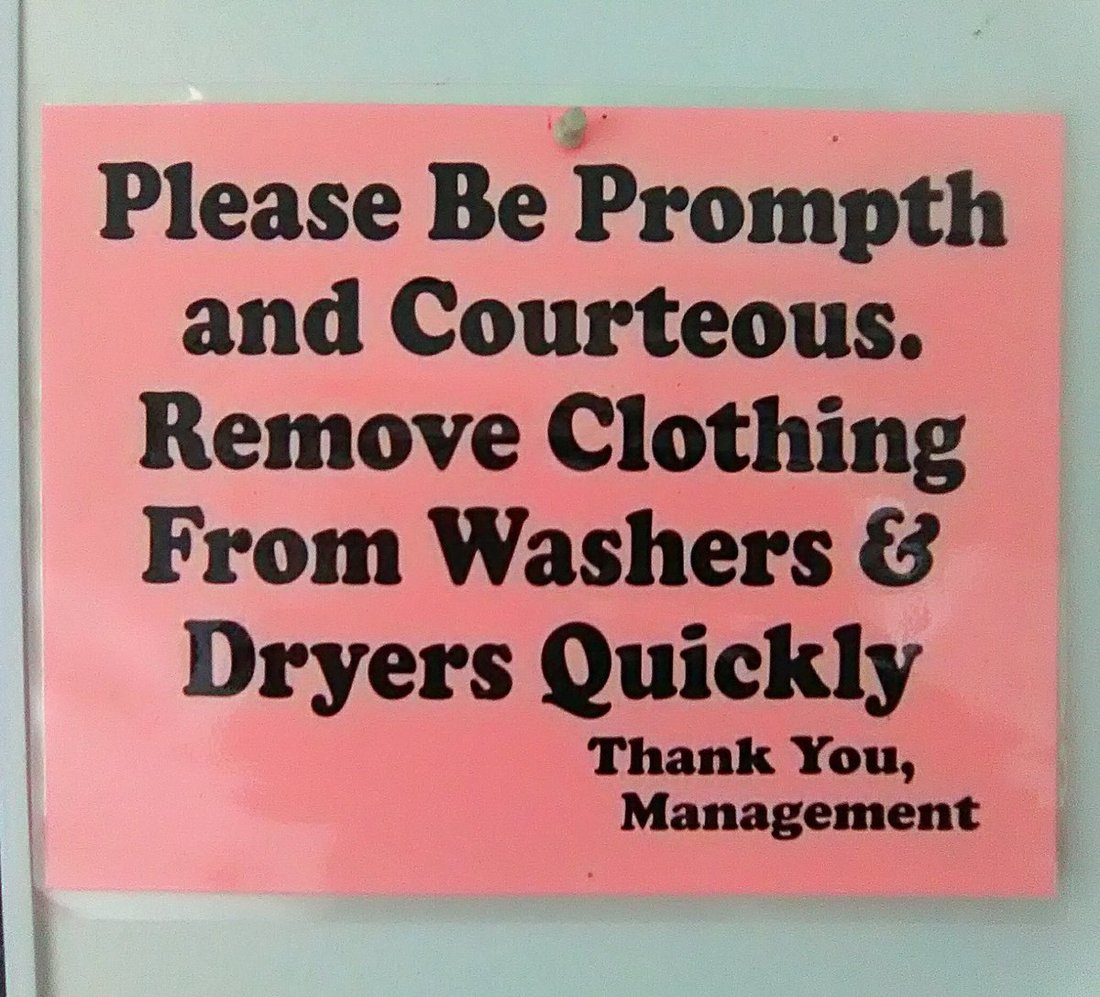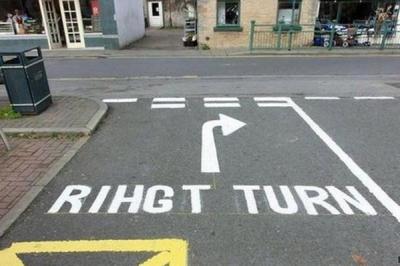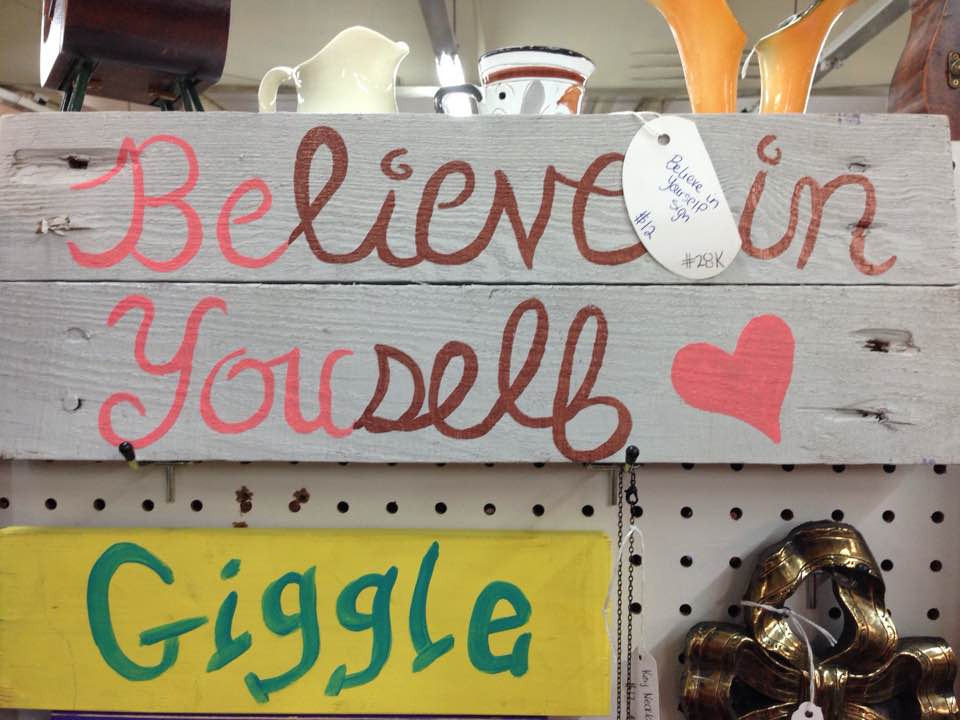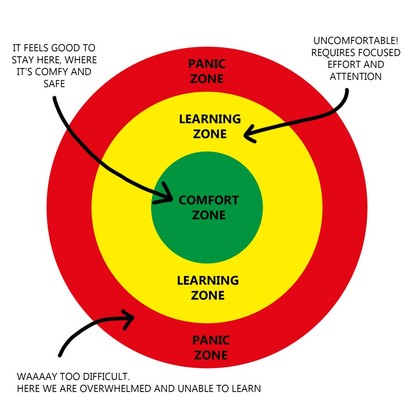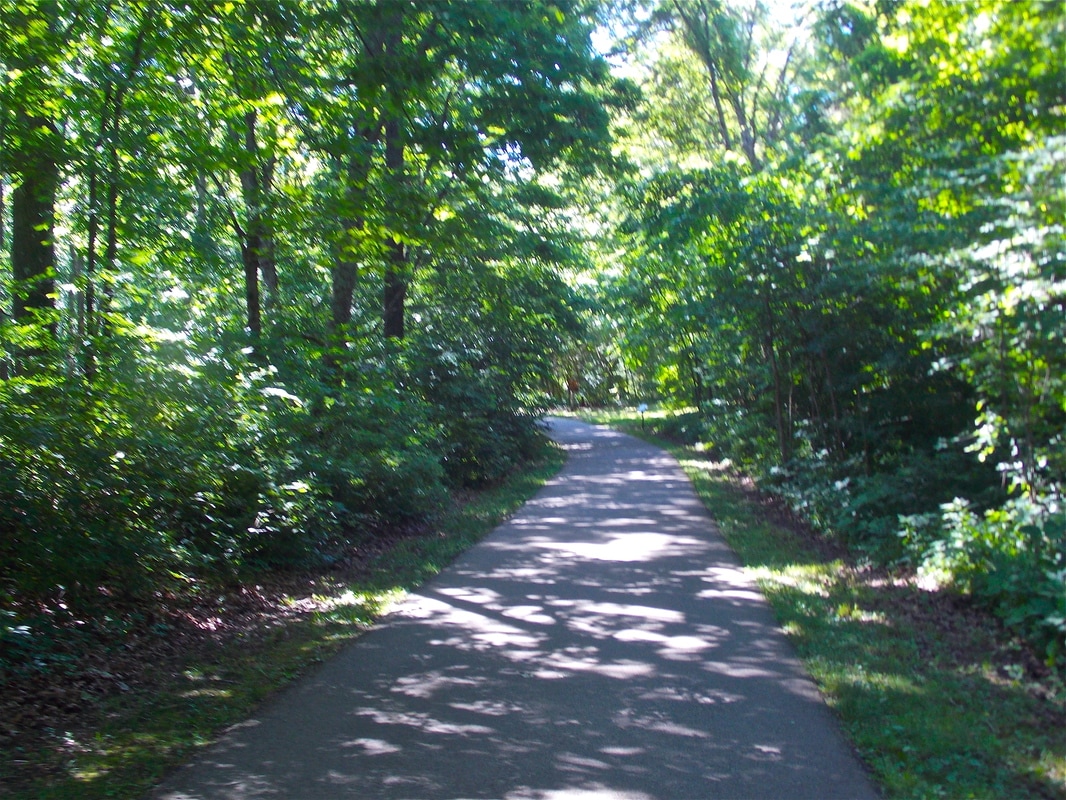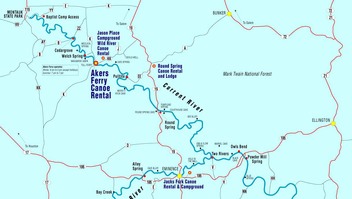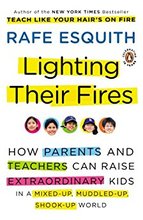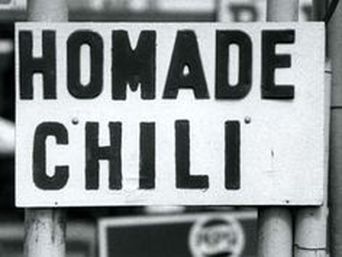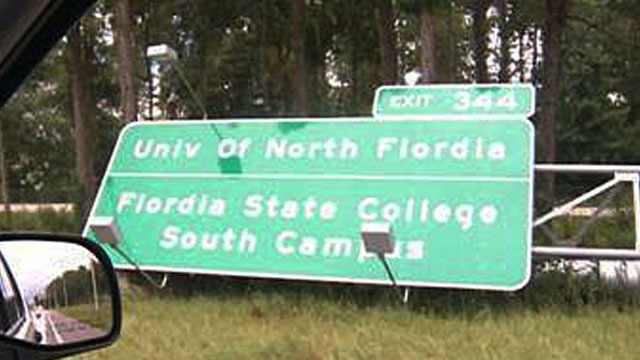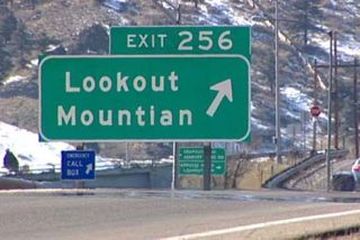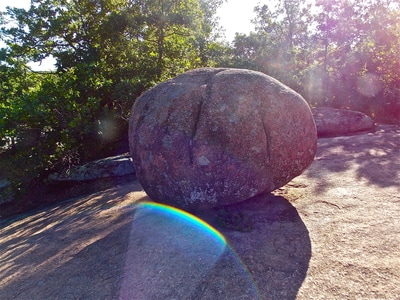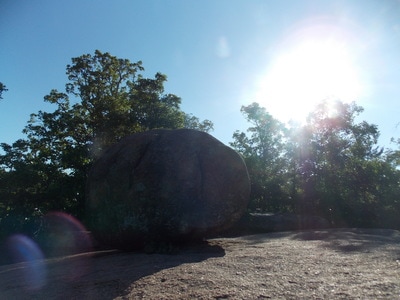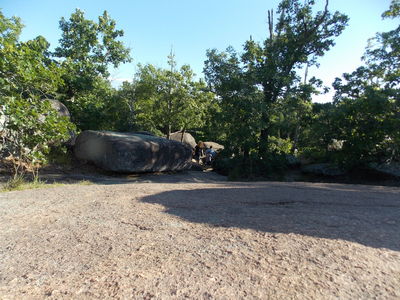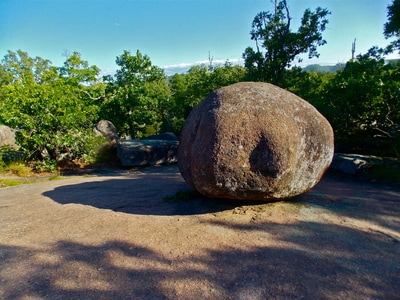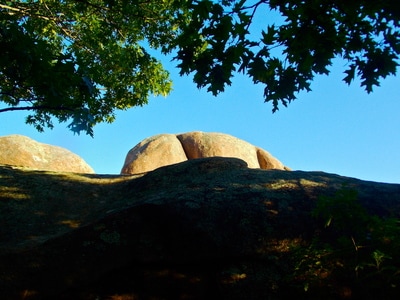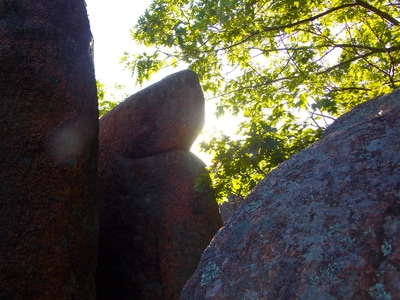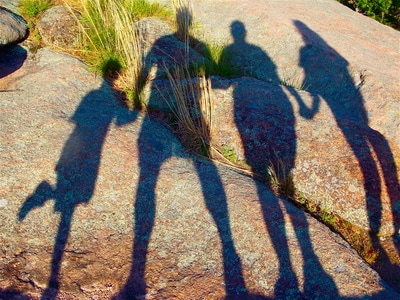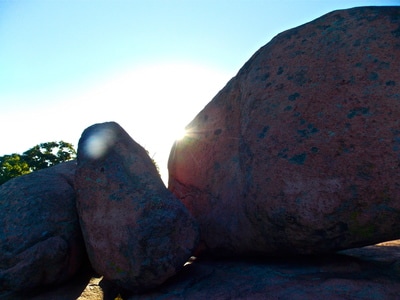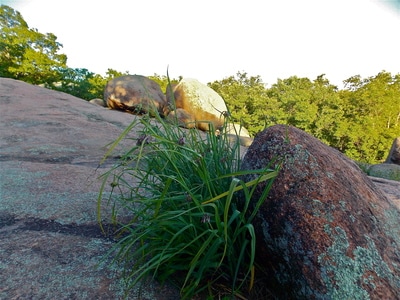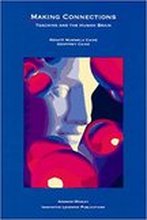An anonymous philosopher once wrote: "If you chase two rabbits, both will escape."
| Our lives are full of choices, but our children may not know that yet. We all need to be reminded from time to time that we can't extend ourselves in too many directions. We have lots of ways to describe it in American English:
|
Children need to be aware that they see decisions being made every day - in literature, in movies, and, most important, in real life. These choices - and the consequences they produce - can be chewed, swallowed, and digested, such that each time students make a decision of their own, they can use the knowledge from the sum total of the decisions they have witnessed to help them choose the best path.
More directly, however, how do simple, bland, decisions we make effect everything else? What if I take a different street to my destination? Should we go to the beach or the mountains [Mountains every time!]? Should I get one hamburger or two? How much should I set aside for _____? They are choices we make, sometimes on the fly and sometimes without considering the outcome, but lest we believe everything is a physical choice, think about this:
Sadly, teaching children the skill of making decisions often involves facing unpleasant realities. In school, well-meaning teachers encourage kids by saying, "We're all winners here." It's a beautiful thought, but it's not always true. People lose all the time. Actions have consequences, and those outcomes are not always pretty. It is necessary for young people - in their studies, but even more so in real life - to examine decisions made by others that have led to awful results.
We understand the problem - everything we do effects everything else in the world - but is there a solution? Is it worth our time to strive for personal utopia? We're really just doing the best we can to overcome adversities from every side. I never bought into peer pressure when I was a kid, but I understand the need to belong. How do I, as an educator, help my students get along with others who are different? Others who have different challenges? People from foreign backgrounds? People from different cultures?
How do we bridle the tongue? How are we quick to listen, slow to anger, and slow to speak? How do we disagree in an agreeable fashion?
In the final analysis, exceptional kids make good choices when facing the toughest of decisions. And many of these decisions are made under less-than-ideal circumstances. Peer pressure is hard enough to deal with. When the demands of societal norms are thrown onto the scales, it is no wonder very few kids have the strength to be true to themselves and their beliefs. It is so hard to be different, which often requires standing up to the ridicule and judgment of others.
